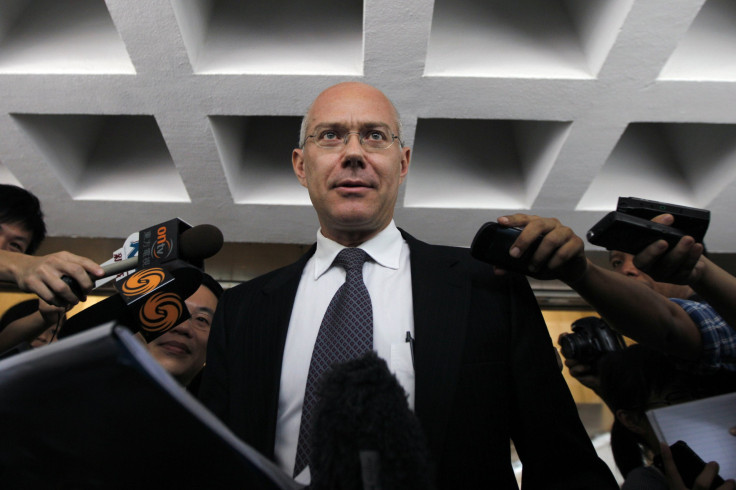Hong Kong Electoral Reform: Law Society Edits Out Criticism Of Beijing In Report

A new Law Society report on how Hong Kong should elect its leader in the 2017 elections omitted criticism of Beijing, one member said Tuesday, adding that he was “embarrassed” by it. Members of the professional body had previously criticized mainland China’s framework of the city’s electoral system.
"We should be speaking out more and educating the public more ... and it's embarrassing that the Law Society isn't," said lawyer Mark Daly, a member of the committee that drafted the report, according to Reuters. He added that the 8,000-strong committee was becoming more like mainland China, “remaining silent on human rights issues and rule-of-law-issues.”
Daly said that members of the committee had criticized China’s National People’s Congress’ framework on Hong Kong’s 2017 chief executive elections as “regressive” and that the committee was disappointed by it. The negative comments were contained in an internal report that the society prepared last year to submit to the Hong Kong government on proposals for electoral reform, but were nowhere to be found in the final submission Friday; the last day for groups to submit their opinions.
Daly said that none of those comments from the earlier unanimous draft "had made it into the submission," according to South China Morning Post.
Instead, the final report stressed the Law Society’s support for the NPC’s decision announced last August to vet candidates for the elections. It also confirmed that the NPC had "general and free-standing power" to interpret Hong Kong's mini-constitution. The original draft was written to address the society’s concern with that decision as being "inconsistent with the 'broadly representative' principle enshrined in Article 45" of the Basic Law, said Daly, according to SCMP.
Society President Stephen Hung Wan-shun denied that the submission deviated from its previous stance, according to SCMP. The report "was quite clearly trying to steer clear of any sort of political minefield," said John Gale, managing partner at J.S. Gale, who has worked in Hong Kong for more than 30 years, according to Reuters.
China’s unpopular decision to vet Hong Kong’s candidates for the upcoming chief executive elections -- the city’s first such elections since its return to China from the British in 1997 -- led to protests that began last September, popularly known as the Umbrella Revolution. The months-long demonstrations included protesters occupying key areas of Hong Kong’s central business districts, sometimes resulting in violent clashes with police. Hong Kong leaders have said that elections will follow Beijing’s rules, despite some lawmakers’ protests.
© Copyright IBTimes 2025. All rights reserved.




















